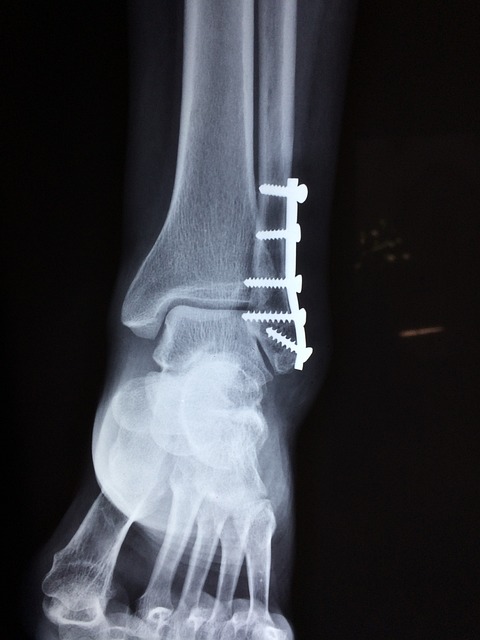Senior Dental Implants: Complete Guide to Tooth Replacement
Dental implants provide a durable, natural-feeling solution for tooth loss that can dramatically improve seniors' comfort, appearance, and nutrition. This detailed guide explains benefits, the step-by-step implant process, costs, insurance realities, and special considerations for older adults — including bone health, medications, and smoking — to help seniors make informed choices about modern tooth-replacement options.

Why dental implants are an excellent choice for older adults
Losing teeth is common with advancing age due to decay, gum disease, or injury. Dental implants offer a modern, long-lasting alternative to removable dentures, delivering several advantages for seniors:
-
Restored chewing and speech: Implants are anchored in the jawbone, providing stability that allows comfortable eating and clearer speech, unlike dentures that can slip or rub.
-
Preservation of jawbone: By transmitting chewing forces to the bone, implants help maintain bone volume and prevent the facial collapse that often accompanies long-term tooth loss or denture use.
-
Natural appearance and facial support: Implants help sustain facial contours and can reduce the sunken look that sometimes comes with missing teeth.
-
Durable, cost-effective solution: With appropriate care and regular dental checkups, implants can last many years — often a lifetime — making them an economical investment over time.
-
Better nutrition and overall health: Stable teeth enable a wider, healthier diet, which supports general wellbeing.
What the implant journey usually looks like
The implant treatment typically unfolds in several distinct stages. Timelines vary based on individual health and whether additional procedures are required:
-
Initial evaluation: Your dentist or oral surgeon will review your medical and dental history, perform an oral exam, take X-rays or 3D scans, and outline treatment options.
-
Preparatory work: If a damaged tooth remains, it will be extracted. Reduced bone volume may require bone grafting or ridge augmentation to create a solid foundation for the implant.
-
Surgical implant placement: A titanium post is placed into the jawbone to replace the tooth root. This is done under local anesthesia and sometimes sedation, depending on the complexity and patient preference.
-
Healing and osseointegration: The implant integrates with the jawbone over several months, forming a stable base for the restorative work.
-
Abutment placement: After the implant has fused to the bone, a connector piece called an abutment is attached to support the final prosthesis.
-
Crown or prosthesis fitting: A custom-made crown, bridge, or denture is secured to the abutment, restoring function and appearance.
Special considerations for older patients
Age alone does not rule out implants, but several factors need attention when treating seniors:
-
Overall medical condition: Chronic illnesses such as diabetes, cardiovascular disease, or immune disorders can affect healing and may require coordination with your physician.
-
Bone quality and quantity: Age-related bone loss is common; bone grafting or alternative strategies like zygomatic implants or All-on-4 approaches may be discussed.
-
Prescription medications: Some drugs, including certain osteoporosis treatments and blood thinners, can influence surgical planning and healing. A full medication review is essential.
-
Smoking: Tobacco use reduces healing capacity and increases implant failure risk. Quitting or cutting back improves outcomes.
-
Home care and follow-up: Meticulous oral hygiene and routine dental visits are critical for long-term implant success.
Typical costs and insurance coverage
Implant costs vary widely by geography, provider expertise, and any additional procedures required. Typical price ranges (approximate):
- Single-tooth implant: $3,000 to $4,500
- Full-mouth implant restorations: $20,000 to $45,000
- All-on-4 implant arches: $15,000 to $30,000 per arch
These figures are estimates and can change over time. Discuss itemized treatment plans and financing options with your clinic.
Insurance coverage is inconsistent. Some dental plans will cover a portion of implant-related fees, while others exclude implants entirely. Medicare generally does not pay for dental implants unless the dental care is part of treatment for another covered medical condition or accident. Always verify benefits with your insurer and explore in-office payment plans, third-party financing, or healthcare credit options.
How to choose a trustworthy implant provider
Selecting the right dental team is vital for comfort, safety, and long-term results. Consider these steps:
-
Get referrals: Ask your general dentist, physicians, friends, or family for recommendations.
-
Check credentials: Look for dentists with training in implantology, prosthodontics, or oral surgery and memberships in professional associations.
-
Review experience: Seek providers who routinely perform implant procedures, especially for seniors or complex cases.
-
Read patient feedback: Online reviews and testimonials can provide insights into patient satisfaction and clinic practices.
-
Compare consultations: Meet with more than one clinic to discuss treatment plans, technology used (CBCT, guided surgery), and post-op care.
-
Ask about financing: Inquire about payment plans, warranties, and what follow-up care is included.
Making an informed decision
Dental implants can offer seniors renewed function, improved appearance, and better nutrition, but they require careful planning and maintenance. Age itself isn’t a contraindication — overall health, bone availability, medications, and lifestyle factors play a larger role. Before committing, discuss risks, alternatives (such as conventional dentures or implant-supported overdentures), timelines, and costs with qualified dental professionals.
This article is intended for informational purposes and does not replace personalized medical advice. Consult your dentist or healthcare provider to determine whether dental implants are the right option for your situation.




